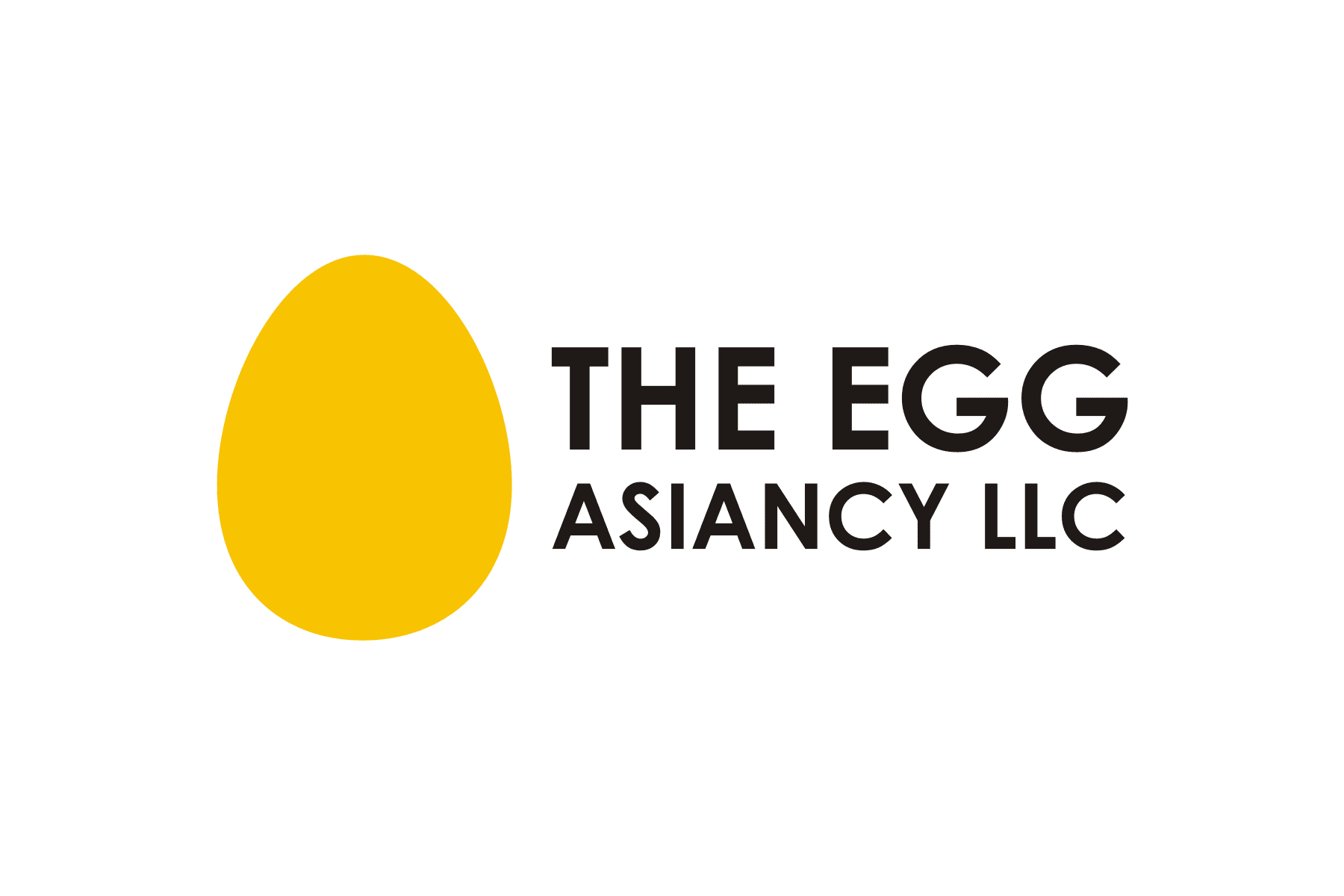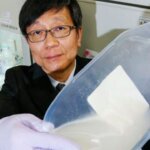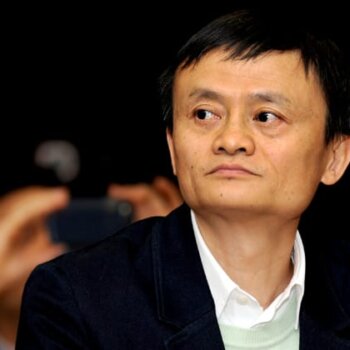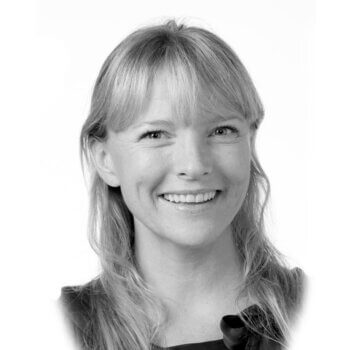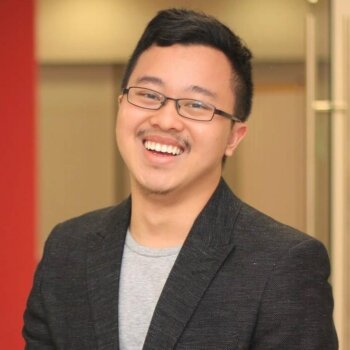Today, visiting us at The Asian Entrepreneur is Wei Zhang, who founded The Egg Asiancy a startup dedicated to the noble cause of solving infertility in Asia.
Wei Zhang, how did all of this start?
About 8 years ago, I was told I would never have children. I was devastated. But, after being depressed for a short time, I decided not to accept this. I wanted to be a mother and “mothering” to me does not have anything to do with the genetic makeup of a child. I researched adoption and egg donation and decided to pursue egg donation. But, there were very few Asian egg donors so my search was frustrating and took a long time. Finally, I found an Asian egg donor and am now blessed with two children. Coincidentally, a few years ago, I developed a close friendship with a woman, who just happened to have been an egg donor in her twenties, and worked in the infertility industry.
We both bonded on a shared dream to make it easier for Asian couples to have children through egg donation.
And how does The Egg Asiancy help?
We help individuals and couples build their families by working with Asian egg donors.
Could you walk us through your process of developing your business?
My partner and I spent a lot of time discussing our business and making sure that we were on the same page. We wanted to make sure that we were both clear on who did what, how we would both be involved, how we deal with challenges, and our attitudes and feelings towards the business. We then set up our LLC, got our licensing by the department of health, built our website, and starting recruiting Asian egg donors in the US, where my partner lives. However, we recognized early on that infertility treatments are very expensive in the US and it is hard for everyone to afford these prices. So, we began looking for alternatives in Asia, and set up our second location.
Did you encounter any particular difficulties in the beginning?
We had hoped to recruit donors from Thailand because Bangkok is such a diverse city and women from all different ethnicities reside there. But, almost at the same time that we had gotten set up in Bangkok with an office and nurse coordinator, the laws changed and egg donation and surrogacy became illegal in Thailand. So, we just changed directions and recruit donors from Malaysia and the Philippines.
What is your long term plan?
We are looking to partner with fertility clinics in Japan and China as well as in Europe so that we can serve more Asian couples.
Could you share with us some industry insights?
Infertility in Asian cultures is something that is not discussed as much as it is in Western cultures, especially working with egg donors. There is still a stigma. But, we hope to bring awareness to this area and help more Asian singles and couples realize that so many of us struggle with infertility and need a little bit of help from someone else to make our families.
What are some important lessons you’ve learnt about entrepreneurship/business?
I have learned that entrepreneurship is a journey. Some moments might be challenging and don’t turn out the way you hope, but to appreciate them as a step along the path.
Any tips for achieving success?
One of the best tips that has helped me achieve success comes from Debbi Field, Ceo of Mrs. Fields cookies.
“The important thing is not being afraid to take a chance. Remember, the greatest failure is to not try. Once you find something you love to do, be the best at doing it.”
Connect
https://www.facebook.com/eggasiancy/
https://www.linkedin.com/in/egg-asiancy-42371b109
https://twitter.com/eggasiancy
https://www.instagram.com/eggasiancy/
